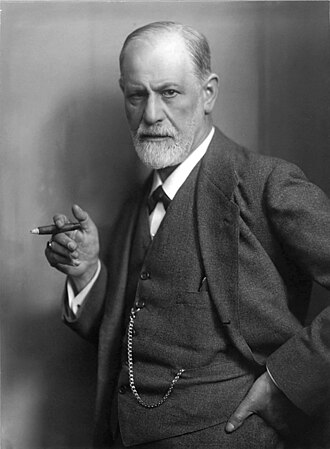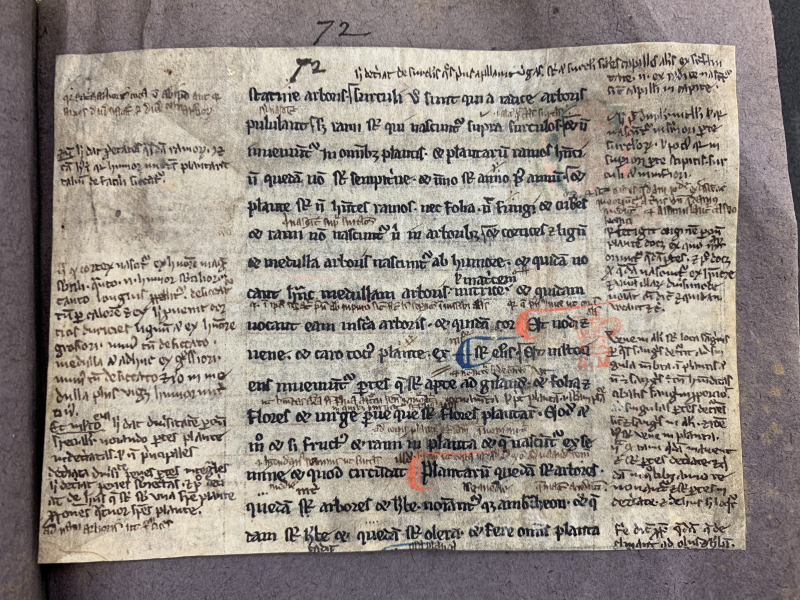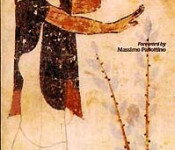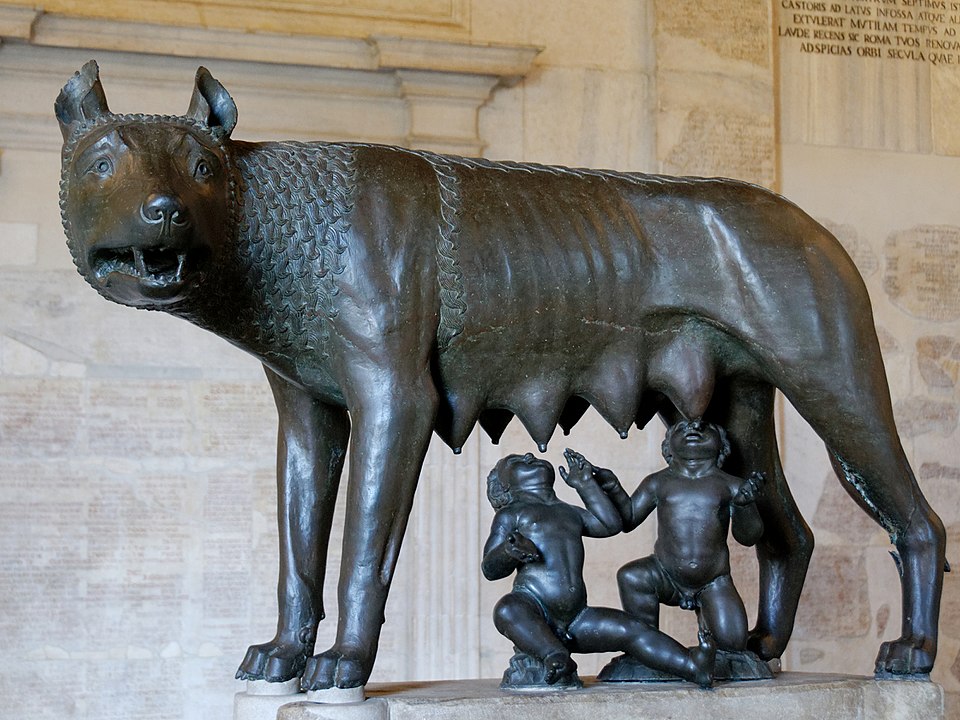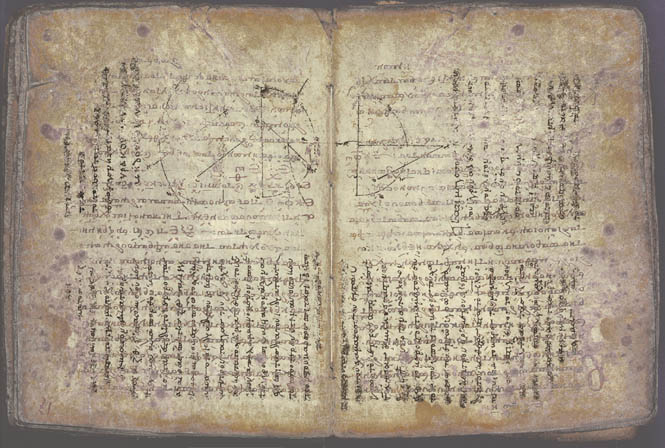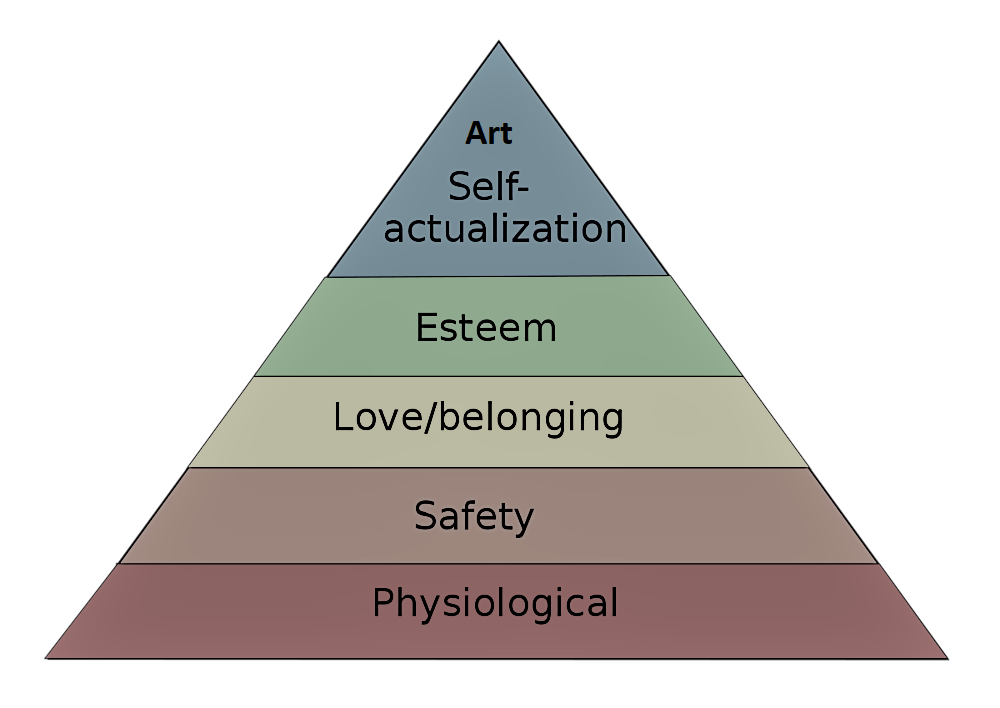Learning from The Interpretation of Dreams and Introduction to Psychoanalysis
Sunday 07 April 2024 at 3:37 pm
Have just participated in Reading Class on Sigmund Freud's classic Civilisation and its Discontents with Gail Debono.
Sigmund Freud was an Austrian neurologist and the founder of psychoanalysis.
Born in Czechia in 1856, died in 1939 (age 83 years), in London.
Quotes from The Interpretation of Dreams and Introduction to Psychoanalysis
“The first book in which the dream is treated as an object of psychology seems to be that of Aristotle (Concerning Dreams and their Interpretation). Aristotle asserts that the dream is of demoniacal, though not of divine nature, which indeed contains deep meaning, if it be correctly interpreted.” The Interpretation of Dreams, Sigmund Freud
“As every one knows, the ancients before Aristotle did not consider the dream a product of the dreaming mind, but a divine inspiration, and in ancient times the two antagonistic streams, which one finds throughout in the estimates of dream life, were already noticeable. They distinguished between true and valuable dreams, sent to the dreamer to warn him or to foretell the future, and vain, fraudulent, and empty dreams…” The Interpretation of Dreams, Sigmund Freud
“The dream is not comparable to the irregular sounds of a musical instrument, which, instead of being touched by the hand of the musician, is struck by some outside force; the dream is not senseless, not absurd, does not presuppose that a part of our store of ideas is dormant while another part begins to awaken. It is a psychic phenomenon of full value, and indeed the fulfilment of a wish; it takes its place in the concatenation of the waking psychic actions which are intelligible to us, and it has been built up by a highly complicated intellectual activity.” The Interpretation of Dreams, Sigmund Freud
“The dreams of little children are simple fulfilments of wishes, and as compared, therefore, with the dreams of adults, are not at all interesting. They present no problem to be solved, but are naturally invaluable as affording proof that the dream in its essence signifies the fulfilment of a wish. I have been able to collect several examples of such dreams from the material furnished by my own children.” The Interpretation of Dreams, Sigmund Freud
Read more
Learning from 40 AC Book Bios “Καῖσαρ” Kai-Caros (in Slavic "Like the King") Bio of Caesar
Sunday 27 September 2020 at 5:55 pm
Nicolaus of Damascus Book Bios “Καῖσαρ” KaiCaros (in Slavic "Like the King") Bio of Ceazar
The Ancient Greek historian Nikolas or Nicolaus of Damascus (Greek: Νικόλαος Δαμασκηνός) was a historian and philosopher with a Slavic name who lived during the Augustan age of the so-called Roman Empire. He was born in 64 BC. Nicolaus was the son of wealthy parents, and historians suggest that he was of Macedonian origin. At those days Orphism was at its peak within the region.
A fragment from Alfredus the Englishman’s translation of Nicolaus of Damascus’ work on plants, now lost, which incorporates material from Aristotle’s De Plantis, also lost. Alfredus translated Nicolaus’ book from Arabic, which had been translated from Syriac, which had been translated in turn from Greek: Harley MS 5414, f. 72
He was an intimate friend of Herod the Great (Cezar). According to Sophronius, he was also the tutor of the children of Mark Antony and Cleopatra. He was commissioned for his work. He wrote a universal history in 144 books. His work was mainly lost. Extensive fragments of the first seven books are preserved, these cover the history of the Assyrians, Medes, Greeks, Lydians, and Persians.
The Book 4 of his History was on A-bra-Ham (the monotheism, the Monad), so the historians have named him “a Jew”. However, he has done a work called “On the Psyche”, so he could have also been a Pythagorean or Platonist.
Nikolas wrote "A Life of Augustus", Caesar (Bios *“Καῖσαρ” KaiCaros = pronounced as “Bios kai Caros”)
Nikolai writes the name of Cezar, in Ancient Homerian Greek as “Καῖσαρ” “Καίσαρος”, “Καίσαρι” sounding as: Kai Caros (meaning in Slavic "kao Car", or "as the King", the Slavic supreme ruler is “Car”) “Καίσαρ” became in Latin "Cezar".
Read more
Learning from D. H. Lawrence about Ancient Rome Goddess
Friday 03 April 2020 at 08:20 am
The City of Rome and the Great Mother goddess
It is in the nature of humankind to tell stories, and at the root of every culture we find myths and legends. A hellenistic myth considers Rome to be an Ancient Greek city, narrating a story of a Hellenic Gods and Goddesses. The city of Romolo e Remo, Venus and Mars, cats and dogs, the centre of the original conflict of a female Goddess based worship and a male God dominated rituals.
The story goes back to the Ancient Greece and the Great Mother who has all through the ancient history had a role of the Creator Goddess. Shakti if your wish, with her Kundalini force.
The Goddess of Quintessence: Sound
Lupa Capitolina: she-wolf with Romulus and Remus, Rome, Italy, 1300 AC (twins are a 1500 addition)
Read more
Learning from Archimedes 250 BC about Size of the Universe and Sounds
Monday 17 February 2020 at 09:01 am
Ancient Greek Numbers and Sounds
Learning from symbols, and sounds of the first ever Research Paper by Archimedis Syracusani
Hellenistic mathematicians in the 500 BC, prefered using a system of numbers based on the alphabet. To indicate that a letter is a number, they would place a horizontal line above the symbol.
Archimedes_Palimpsest 250 BC an orthodox Christina prayer text 13th century revealed works by Archimedes thought to have been lost
The School of Athens or aθήνα and Numbers with Archimedes of Syracuse
What is now known as "Attic numerals" were in use 700 BC, in the region of Attica, the city of Athens down to the Aegean Sea.
Archimedes of Syracuse or Αρχιμήδης 287 – 212 BC, was an Ancient Greek mathematician, physicist, engineer, inventor, and astronomer, and he is considered one of the greatest mathematician of all time, He was the first to calculate the accurate approximation of pi, defining the spiral bearing his name, he hypotheses that the Earth revolves around the Sun on the circumference of a circle. Archimedes was killed by a Roman soldier, and his original work was “lost” for thousands of years.
The work, also known in Latin as Archimedis Syracusani Arenarius & Dimensio Circuli, is eight pages long in translation, is the Humanity's first matematical research paper.
Archimedes presents his callculation done for the King, stating that the large numbers were given to him to execute this exciting task, to discover the amount to sand that can fit into the Universe. The Sand Reckoner (Greek: Ψαμμίτης, Psammites) is the name of this work.
Estimating the grains of Sand in Universe Archimade
Can you just imagine the complexity of this task, can you comprehend the advances in science, and the thought form, if the Syracusan king Gelo II, pays the Philosopher Archimedis Syracusani to execute this research and leave it written for the future scientists.
In order to do this, he had to estimate the size of the universe!
Read more
Presence or Absence of Divine Learning from Michelangelo and Van Gogh
Tuesday 14 May 2019 at 4:55 pm
Reconsidering Transcendence and spirituality in art
“Beauty is the word that shall be our first. Beauty is the last thing which the thinking intellect dares to approach, since only it dances as an uncontained splendor around the double constellation of the true and the good and their inseparable relation to one another. Beauty is the disinterested one, without which the ancient world refused to understand itself, a word which both imperceptibly and yet unmistakably has bid farewell to our new world, a world of interests, leaving it to its own avarice and sadness. No longer loved or fostered by religion, beauty is lifted from its face as a mask, and its absence exposes features on that face which threaten to become incomprehensible to man. We no longer dare to believe in beauty and we make of it a mere appearance in order the more easily to dispose of it. Our situation today shows that beauty demands for itself at least as much courage and decision as do truth and goodness, and she will not allow herself to be separated and banned from her two sisters without taking them along with herself in an act of mysterious vengeance. We can be sure that whoever sneers at her name as if she were the ornament of a bourgeois past — whether he admits it or not — can no longer pray and soon will no longer be able to love.”
— Hans Urs von Balthasar
On the 13th of May, I spent hours meditating on the reflections of the two-day international conference on 'Reconsidering Transcendence: Between Presence and Absence' organized by the Faculty of Theology of Malta and their most inspiring Dean John Berry. Invited by a soul-friend Alda, I knew I was up for a treat and I'll tell you in a minute why...
Michelangelo's Passion for Beauty and Transcendent consciousness
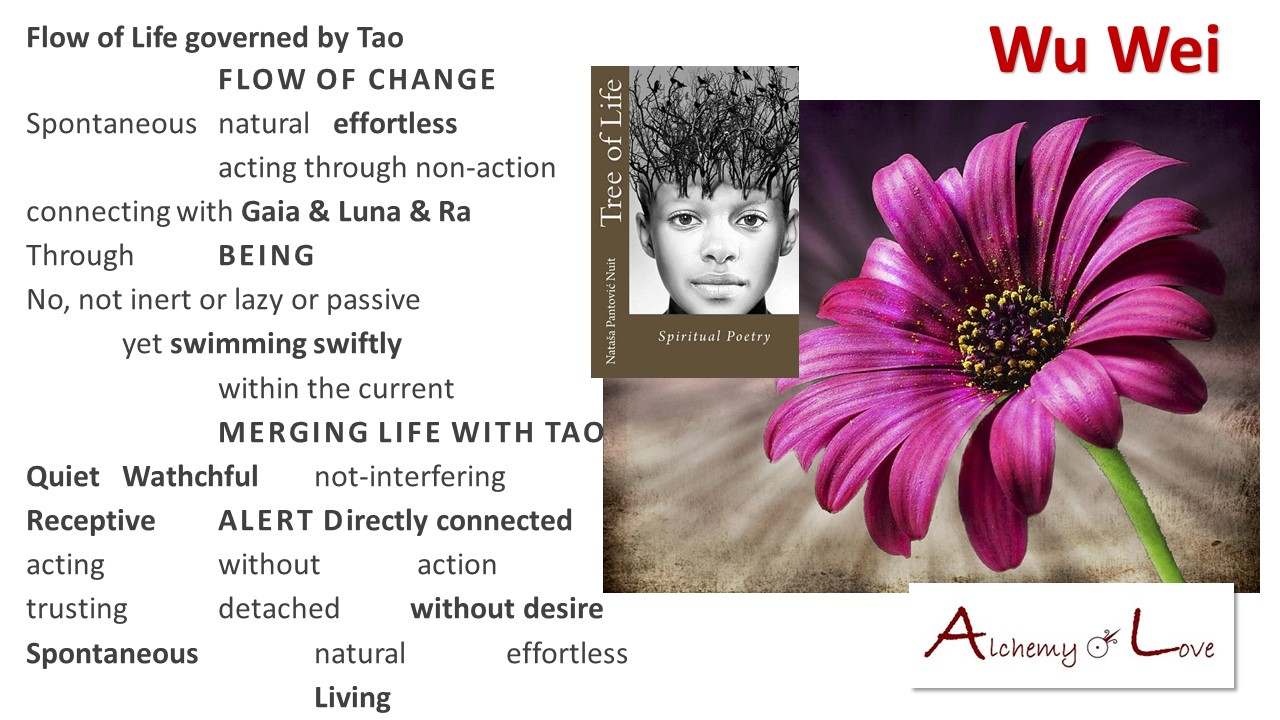
A cousin of mine, Milan Gutić, a University of Belgrade Art Graduate, whilst finalizing his first year of the Faculty of Mathematics, got so inspired by Michelangelo has decided to against the wishes of all his guardians focus on studying Art instead of Abstract Mathematics. During the Art studies, he has devoted one whole year to an inner project, or a joke, wheneupon he has answered any question related to the history of art with an aswer that relates back to Michelangelo's life or work. His profound passion for precision, resonated perfectly with Michelangelo's passion for beauty, his inner drive to go against all the authorities studying day and night, inside his tiny room so he could pass a very difficult entrance exam and his unwavering desire to produce perfect art works, totally reflect the unstoppable willpower that kept Michelangelo painting alone for 24 hours daily, for many days, and has since inspired many scientists to further understand the drive within this man.
Many a times, I have seen the Sistine Chapel in Vatican, he has painted literally on his-own, and his vision of God and Adam, when God gives Adam life has been admired and copied by many of the artists, or spiritual / consciousness researchers from around our beautiful planet.
Read more
